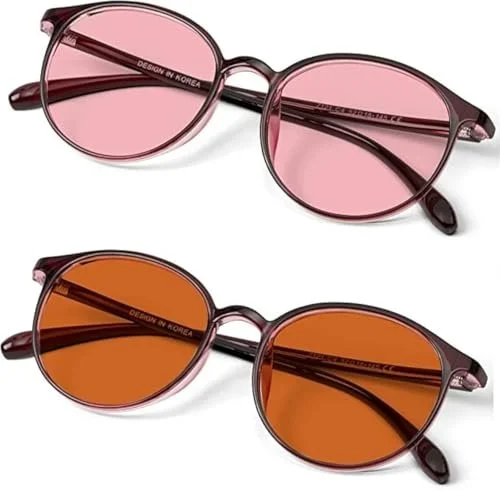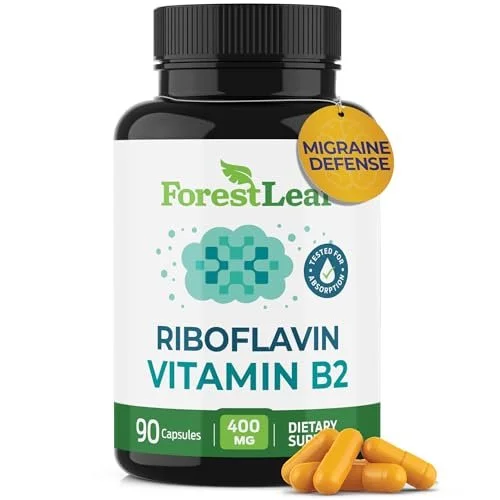
The essential guide to non-medication solutions for migraine
If you’re new to migraine…
Taking the first step toward managing your symptoms or condition begins with consulting a qualified medical professional. A healthcare provider can offer a formal diagnosis, recommend appropriate tests, and prescribe treatments or medications tailored to your individual needs. Their expertise is essential in creating a foundation for long-term wellness.
However, many people also seek to understand their condition more fully—what might be triggering flare-ups, how lifestyle factors play a role, and what they can do in addition to medical treatment. That’s where we come in.
Our goal is to support your journey with evidence-informed, non-medication interventions designed to complement your doctor’s care—not replace it. Whether you're exploring ways to reduce stress, improve sleep, adjust your diet, or make environmental changes, we've gathered practical, research-based strategies to help you take more control of your well-being.
Categories of non-medication interventions
-

Glasses
Many people who suffer from migraines experience light sensitivity, or are triggered by certain kinds of light. We’ve reviewed a handful of glasses that are scientifically designed to block those harmful parts of the spectrum.
-

Diets
Diet is one of the most difficult but rewarding lifestyle change to make if you have migraines. There are many to choose from, but we reviewed them and outlines which ones are backed by scientific evidence.
-

Vitamins
There are many supplements that are marketed for migraine, but only certain ones have been proven to reduce migraine frequency. Here we outline the options.
